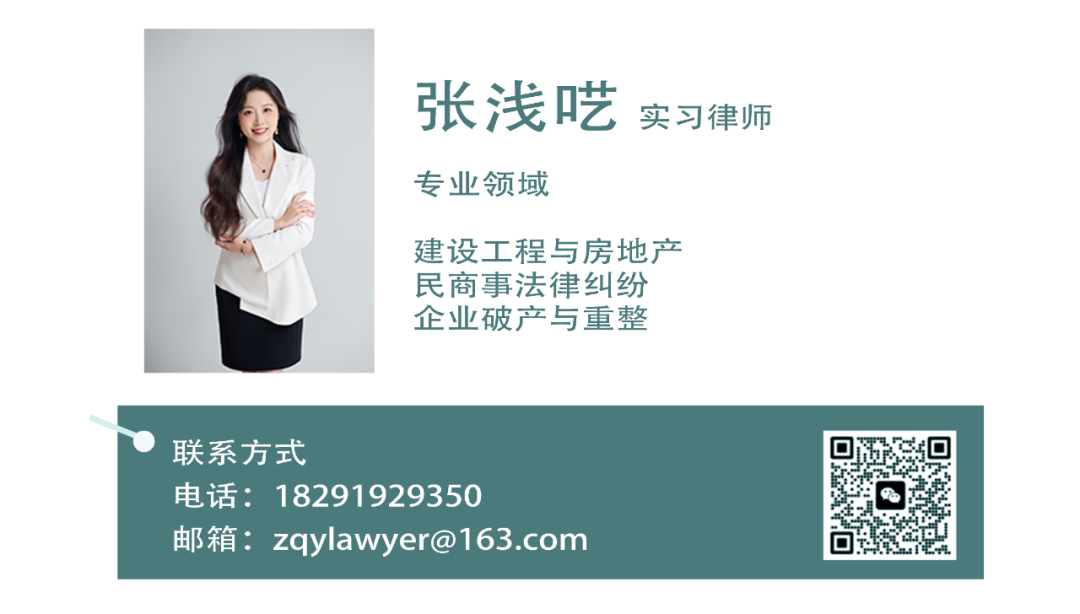What is "Luosha City" about: Where is the boundary of violating the right of reputation?

Introduction:
At 0 o 'clock on July 19, Dao Lang's new album "Mountain song Liao Zai" was launched on the major music platforms, and a song named "Luosha Sea City" in the album caused extensive attention and discussion among netizens because of its profound lyrics. Nine years ago, the song "The First Snow in 2002" became a hit across the country, which sold 2.7 million copies of its licensed album that year. The song's rapid popularity also brought a lot of controversy for the singer Na Ying, who said in a public forum that Daolang was completely lacking in aesthetic concepts and that his songs were popular with farmers. Famous singers and writers such as Yang Kun, Wang Feng and Gao Xiaosong have also made similar comments. Therefore, Daolang's return is considered by many netizens to be an act of revenge, and the lyrics of "Luosha Sea City" are alluding to the above people. As of the final date of this article, Na Ying has posted more than 8 million comments below the video on a social platform. As things continue to ferment, it is also worth thinking about whether the song "Luoshashai City" of Daolang constitutes a violation of others' right of reputation.
What is the right of reputation?
The Civil Code makes the following provisions on the right of reputation: Article 1024 [Right of reputation] "Civil subjects enjoy the right of reputation. No organization or individual may infringe upon the right of reputation of others by means of insult or slander.
Reputation is a social evaluation of the character, reputation, ability and credit of the civil subject."
It can be seen that the right of reputation is a basic right enjoyed by citizens and a kind of personality right. Refers to the evaluation of citizens and legal persons in society, usually reflecting their moral character, ability, reputation, image and other aspects of social value. The protection of the right of reputation is aimed at safeguarding the personal dignity of citizens and legal persons, so that they can obtain due respect and justice in society.
What acts constitute infringement of the right of reputation?
The violation of the right of reputation is mainly realized through insult and slander:
Insulting acts refer to acts that intentionally demean the personality of others by means of violence, language, text, pictures, etc., thus damaging the reputation of others. For example, verbally abusing, abusing, satirizing the victim, or making lewd actions, or Posting abusive articles or cartoons on the Internet.
◎ Defamation refers to the act of intentionally or negligently spreading some false facts to demean the personality of others and thus damage the reputation of others. For example, spreading false facts in oral or written form, causing others to be defamed, or spreading false news or rumors on the Internet.
However, not only does the above insulting or defamatory acts constitute a violation of the right to reputation, but these acts should also have a specific object, a citizen or a legal person, that is, the victim can be clearly identified.
China's Civil Code also has provisions on the specific nature of the object of infringement of the right of reputation: Article 1027 [Works infringing on the right of reputation] "Where the literary or artistic works published by the perpetrator describe the object of real people or specific people, contain insulting or defamatory content, and infringe on the right of reputation of others, the victim has the right to request the person to bear civil liability according to law."
The perpetrator shall not bear civil liability if his published literary or artistic works do not depict the objects of a particular person, only if the circumstances therein are similar to those of the particular person."
Does Luocha City infringe the right of reputation?
As a public figure, the celebrity's right of reputation is protected by law, but it should also bear higher supervision of public opinion and the restriction of the public's right to know. Therefore, it is not uncommon for celebrities to be violated their right to reputation, especially on online media and social platforms, where stars are often subjected to some untrue, malicious or insulting remarks that affect their social evaluation and mental state.
On March 28, 2019, the Shanghai No. 1 Intermediate People's Court announced the judgment of the dispute over Internet infringement liability between Di Lireba and Xiao Junli. According to the verdict, Xiao Junli published a number of insulting and defamatory remarks against Dilyreba and her fans through his wechat public account and Weibo account, and induced netizens to forward or comment, from which he gained high attention and high clicks. The court found that Xiao Junli's behavior constituted a malicious attack on Dilidreba and her fan base, as well as an insult to Dilidreba and a violation of Dilidreba's right to reputation. The court ordered Xiao to make a public apology and compensate Dillireba for economic losses and reasonable expenses of 33,000 yuan.
On November 29, 2018, the Third Intermediate People's Court of Beijing announced the judgment of the reputation right dispute between Wang Sicong and Zhu Shengyi. According to the verdict, Zhu Shengyi posted a number of false statements about Wang Sicong on Weibo, accompanied by a portrait of Wang Sicong. The court found that Zhu Shengyi's actions had fabricated and spread false facts, causing negative effects and mental damage to Wang Sicong. The court ordered Zhu to stop infringing Wang's right of reputation and compensate Wang for economic losses and reasonable expenses of 100,000 yuan.
It is not difficult to see from the relevant judgments and legal provisions that whether the object is specific is an important factor in determining whether the act infringes the right of reputation. In the song Luocha City, Dao Lang only uses the story in Liaozhai Tales to satirize some phenomena in today's society, without naming a person or people. Therefore, it is not possible to make assumptions based on Dao Lang's past grievances with others and think that it infringes on others' right of reputation.
How to deal with the violation of the right of reputation?
In real life, not only stars are troubled by the violation of the right to reputation, as an ordinary person, when our right to reputation is violated, what should we do?
Gather evidence: First, gather all relevant evidence, including infringing speech, articles, reports, social media screenshots, etc. This evidence can help you prove that your right of reputation has been violated.
Seek legal advice: Contact an experienced lawyer, especially one with experience in reputation and media law. An attorney will be able to provide you with legal advice, help you understand the legal remedies available and guide you through the steps you should take.
Settlement attempts: Before initiating legal proceedings, your attorney may recommend that you first try to settle with the infringing party. Settlements may include a public apology, removal of false content or financial compensation.
Give formal notice: If a settlement attempt fails or is not applicable, your attorney may serve formal legal notice on your behalf to the infringing party, requesting that it cease the infringement and take appropriate remedial action.
File a lawsuit: If the notice fails to produce results or the infringement continues, your attorney can file a reputation action on your behalf. In some cases, litigation may be the only way to restore the right to reputation.



